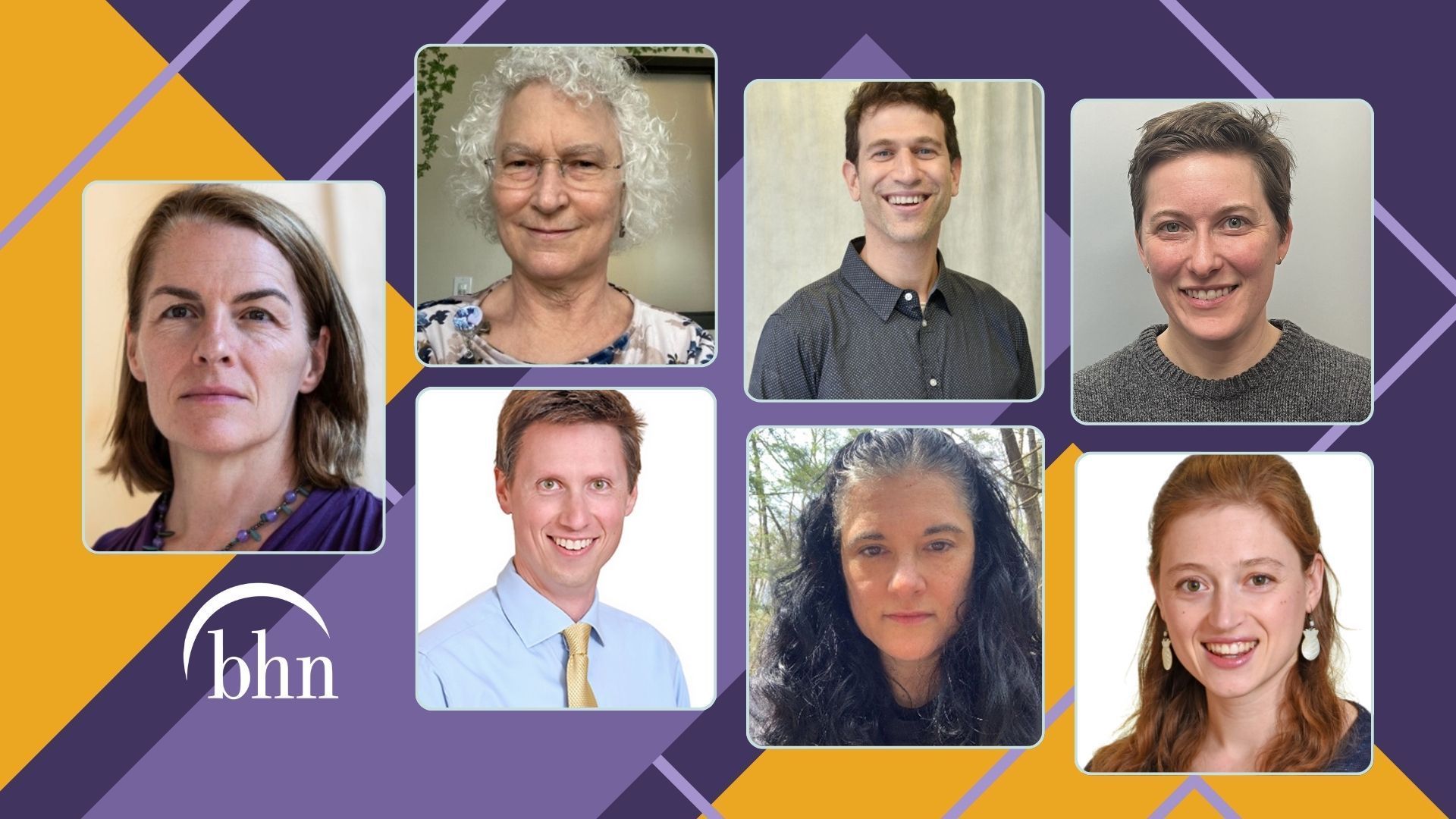BHN In the Media: Better Health
In a recent article featured in the Republican's Better Health section, BHN's President and CEO, Steve Winn explains how to deal with stress and safely access support during the pandemic.
Many people are struggling to deal with the disruption and stress caused by the COVID-19 pandemic. Physically distancing ourselves from family and friends, financial insecurity, virtual schooling, lack of childcare, and working remotely or as an essential employee are all stressors that can cause feelings of uncertainty, fear, social isolation, and loneliness.
Stressful times affect our mental well-being. It is important to understand how to deal with the feelings you are experiencing and recognize when to seek help. Focus on ways you can stay in control of your mental and physical health. A good night’s sleep, regular exercise, and maintaining a healthy diet are all examples of self-care. Take breaks from news consumption and social media, and spend more time focusing on positive aspects of your life. Find support by staying connected with family and friends, and purpose by helping a colleague or neighbor.
While making self-care a priority may be enough for some, others will need help coping with stress and the lack of usual supports caused by the pandemic. This might be especially true for those who have struggled with behavioral health challenges such as depression, anxiety, or addiction in the past and are at greater risk of relapsing or falling into old patterns.
If you are feeling overwhelmed and notice that changes in the way you think or feel are causing problems in your day-to-day life, this may be an indication it is time to seek professional help. Getting help at the onset of symptoms can prevent mental health conditions from worsening or becoming severe.
There are many ways to safely access supports and services while social distancing. While traditional in-person visits are now offered on a more limited basis, telehealth has made behavioral health care accessible from a convenient location of your choice. Telehealth allows children, youth, adults, and families to connect with a therapist, psychiatric prescriber, care coordinator, behavioral support team, recovery coach, or group supports by phone or through video chat.
If you or a family member are struggling with addiction or at risk of relapse, it is crucial to seek professional help right away. Whether you are looking for online support or a treatment program, reaching out for direction is the first step to recovery. Most inpatient and outpatient detox and substance use treatment programs remain open, operating with enhanced precautions to ensure the health and safety of patients and staff. If you need help, it is available and safe and there is no reason to wait.
If you previously received services, contact your provider to schedule an appointment and inquire about their telehealth offering. To request new services, talk to your primary care doctor or a health professional that can refer you to appropriate services, or contact BHN at 413-246-9675. If experiencing a mental health or substance use crisis, call the BHN Crisis line at (413) 733-6661.
SHARE
Topics
Stay Up to Date!
Sign-up for our newsletter to receive news and updates from BHN.






